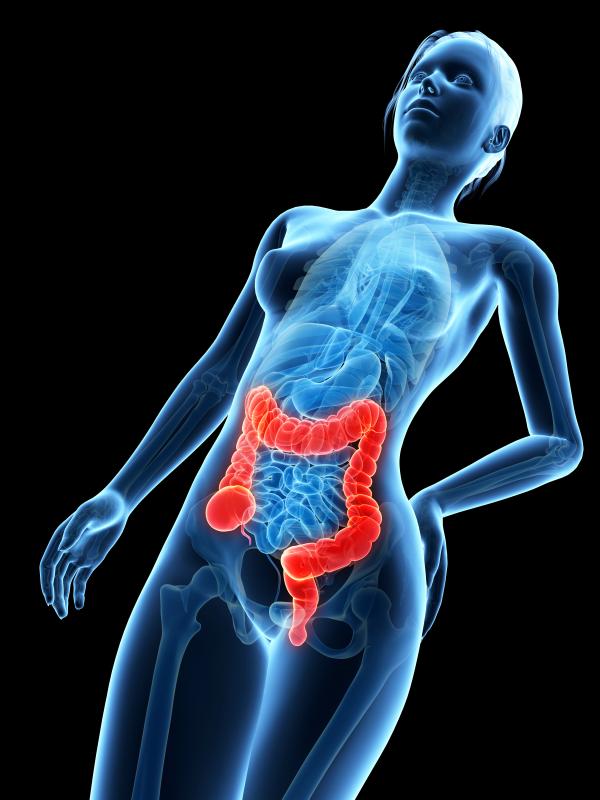
The use of apremilast in the treatment of patients with active ulcerative colitis (UC) falls short of inducing clinical remission, although it leads to marked improvements in clinical and endoscopic features and markers of inflammation, according to the results of a phase II trial.
The trial randomly assigned patients to treatment groups receiving apremilast 30 mg (n=57), apremilast 40 mg (n=55) or placebo (n=58), twice daily for 12 weeks. These patients were subsequently assigned to groups that received apremilast, 30 or 40 mg twice daily, for an additional 40 weeks. All patients had active UC for ≥3 months and were naïve to biologic therapy or had failed, could not tolerate, or had contraindications to conventional therapies.
The primary endpoint of clinical remission at week 12, defined as a total Mayo score of ≤2 with no individual subscore >1, occurred in 31.6 percent of patients in the 30-mg apremilast group and in 12.1 percent in the placebo group (p=0.01). However, the number of patients who attained remission in in the 40-mg apremilast group did not differ significantly than in the placebo group (21.8 percent; p=0.27).
Patients in both the 30-mg and 40-mg apremilast groups showed similar endoscopic improvements from baseline, specifically in Mayo score components of stool frequency score, rectal bleeding score and physician’s global assessment.
The 30-mg and 40-mg apremilast groups also achieved greater median percent decreases in inflammatory markers, including C-reactive protein (measured by a high-sensitivity blood test) and faecal calprotectin through week 12 compared with the placebo group.
At week 52, clinical remission was documented in 40.4 percent of patients initially assigned to the 30-mg apremilast group and in 32.7 percent of those initially assigned to the 40-mg apremilast group.
Headache and nausea were the most commonly reported apremilast-associated adverse events.